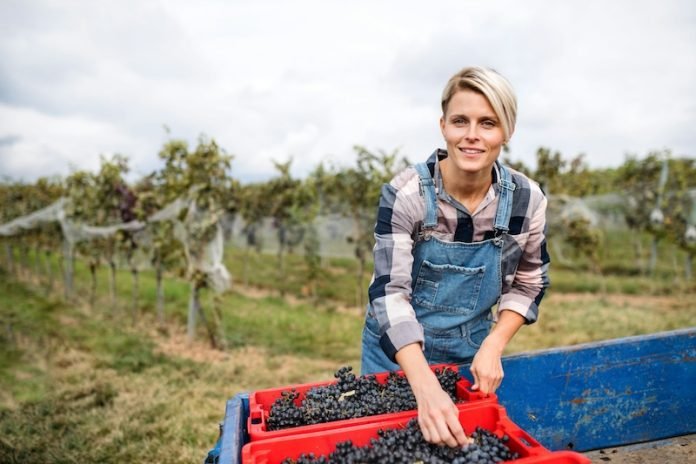
A recent study published in Science sheds light on the complex relationship between organic and conventional farming, particularly focusing on the use of pesticides.
Researchers from the University of California, Santa Barbara, led by Ashley Larsen, embarked on an investigation to understand how expanding organic cropland might affect pesticide usage in nearby non-organic fields.
Organic farming, celebrated for its sustainability and eco-friendly pest control methods, is often seen as a beneficial alternative to conventional farming practices.
However, the study suggests that increasing organic farmland could inadvertently lead to higher pesticide use in surrounding conventional fields, potentially diluting some of the environmental advantages of organic agriculture.
This phenomenon, described as “spillover effects,” occurs when the presence of organic farms influences the pest populations and pesticide application rates in neighboring non-organic farms.
The research highlights that while organic farming practices generally improve environmental conditions such as soil and water quality, the dynamics of pest control and pesticide use are more nuanced.
Larsen and her team focused their study on Kern County, California, a region known for its diverse and valuable agricultural production, including crops like grapes, watermelons, citrus, tomatoes, and potatoes.
By analyzing data from approximately 14,000 fields over seven years, the researchers observed that conventional fields located near organic farms tended to use more pesticides. This increase was primarily noted in insecticides, which target insects specifically.
However, the study also found that the environmental impact of both organic and conventional farming could be reduced through strategic planning.
By clustering organic farms together and separating them from conventional fields, the negative spillover effects could be mitigated, suggesting a potential pathway to harmonizing the benefits of organic and conventional agriculture.
Erik Lichtenberg, from the University of Maryland, commented on the study, noting the importance of understanding why farmers’ pesticide decisions are influenced by the presence of nearby organic fields.
Factors such as the value of crops, their vulnerability to pests, and farmers’ individual risk assessments likely all contribute to this dynamic.
Lichtenberg calls for further research to unravel the intricate relationships between mobile pests, their origins, and their movements across different agricultural landscapes.
This study not only highlights the complexities of integrating organic farming within a landscape dominated by conventional agriculture but also points to strategic spatial planning as a solution to enhance the environmental sustainability of food production.
As the demand for organic products continues to grow, understanding and addressing these challenges becomes crucial for developing a more sustainable agricultural system.
The research findings can be found in Science.
Copyright © 2024 Knowridge Science Report. All rights reserved.



